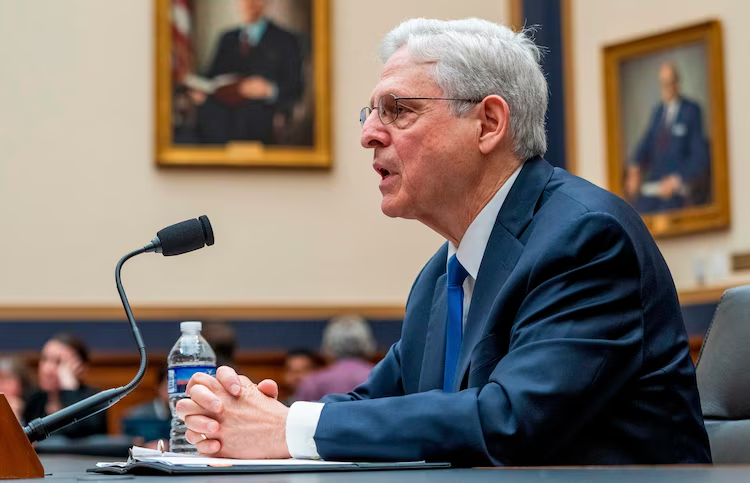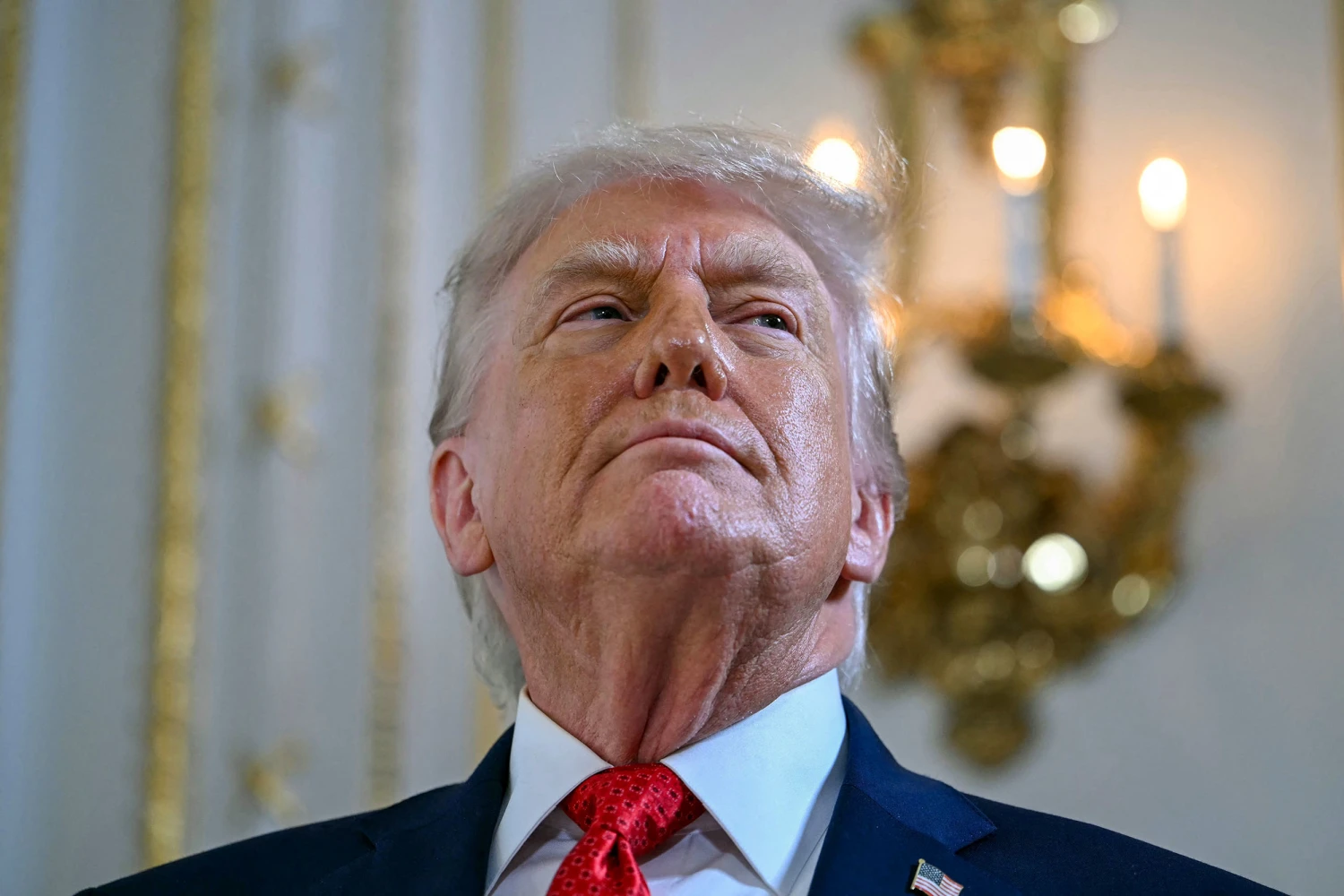The Justice Department on Friday said it has declined to prosecute Attorney General Merrick Garland for contempt of Congress, according to a letter obtained by ABC News.
The House of Representatives voted Wednesday to send a contempt referral to the Justice Department. House Republicans had demanded Garland turn over the audio of President Joe Biden‘s interview with special counsel Robert Hur to the House Oversight and Judiciary committees and Garland refused.
“Consistent with this longstanding position and uniform practice, the Department has determined that the responses by Attorney General Garland to the subpoenas issued by the Committees did not constitute a crime, and accordingly the Department will not bring the congressional contempt citation before a grand jury or take any other action to prosecute the Attorney General,” the Justice Department said.
The letter to House Speaker Mike Johnson cites what it called longstanding policy against prosecuting an attorney general.
Johnson responded to the letter and announced on Friday the House will “move to enforce the subpoena of Attorney General Garland in federal court.”
“It is sadly predictable that the Biden Administration’s Justice Department will not prosecute Garland for defying congressional subpoenas even though the department aggressively prosecuted Steve Bannon and Peter Navarro for the same thing. This is yet another example of the two-tiered system of justice brought to us by the Biden Administration,” he said in a statement.
After Wednesday’s House vote, Johnson called the outcome “a significant step in maintaining the integrity of our oversight processes and responsibilities.”
“It is up to Congress – not the Executive Branch – to determine what materials it needs to conduct its own investigations, and there are consequences for refusing to comply with lawful Congressional subpoenas,” he said in a statement.
Garland, in response, said it was “deeply disappointing that this House of Representatives has turned a serious congressional authority into a partisan weapon.”
President Joe Biden asserted executive privilege over the recording of his Hur interview.
The Justice Department said executive privilege holds in this case as has in many others.
For example, the Justice Department took the same position in 2019 after then President Donald Trump asserted executive privilege after Secretary of Commerce Wilbur Ross and Attorney General William Barr did not turn over certain documents to the House Oversight Committee.




